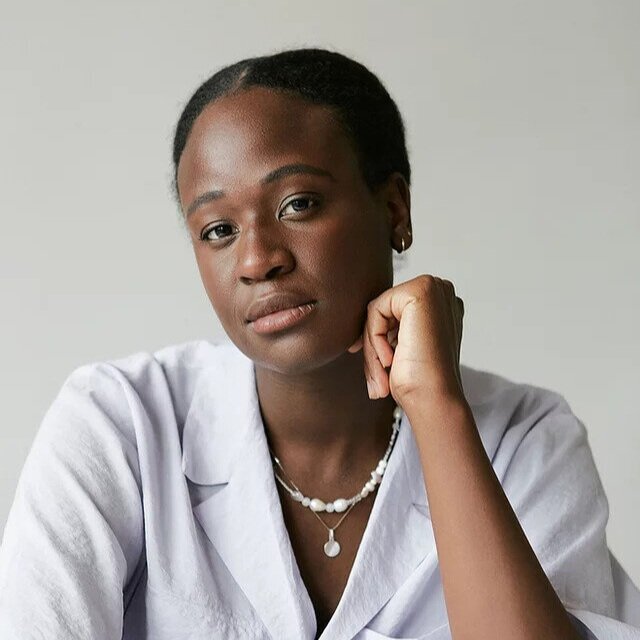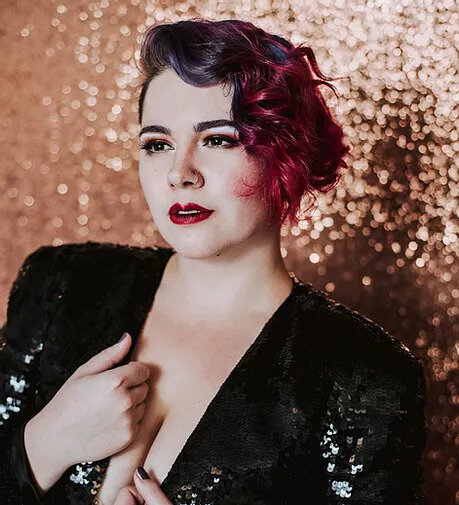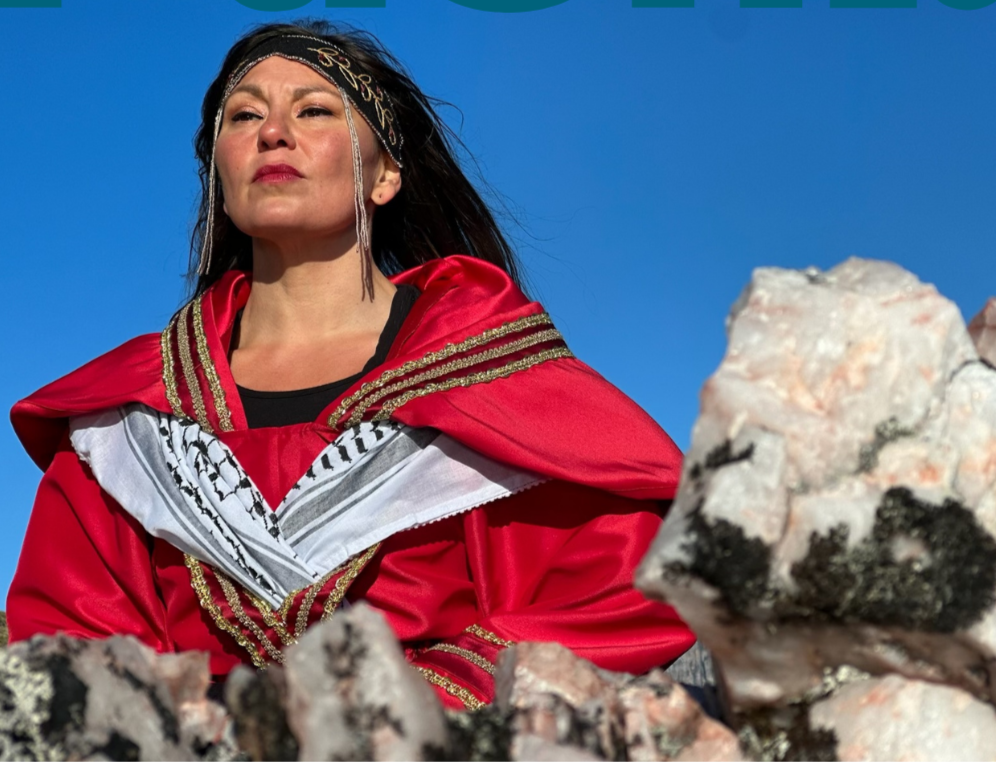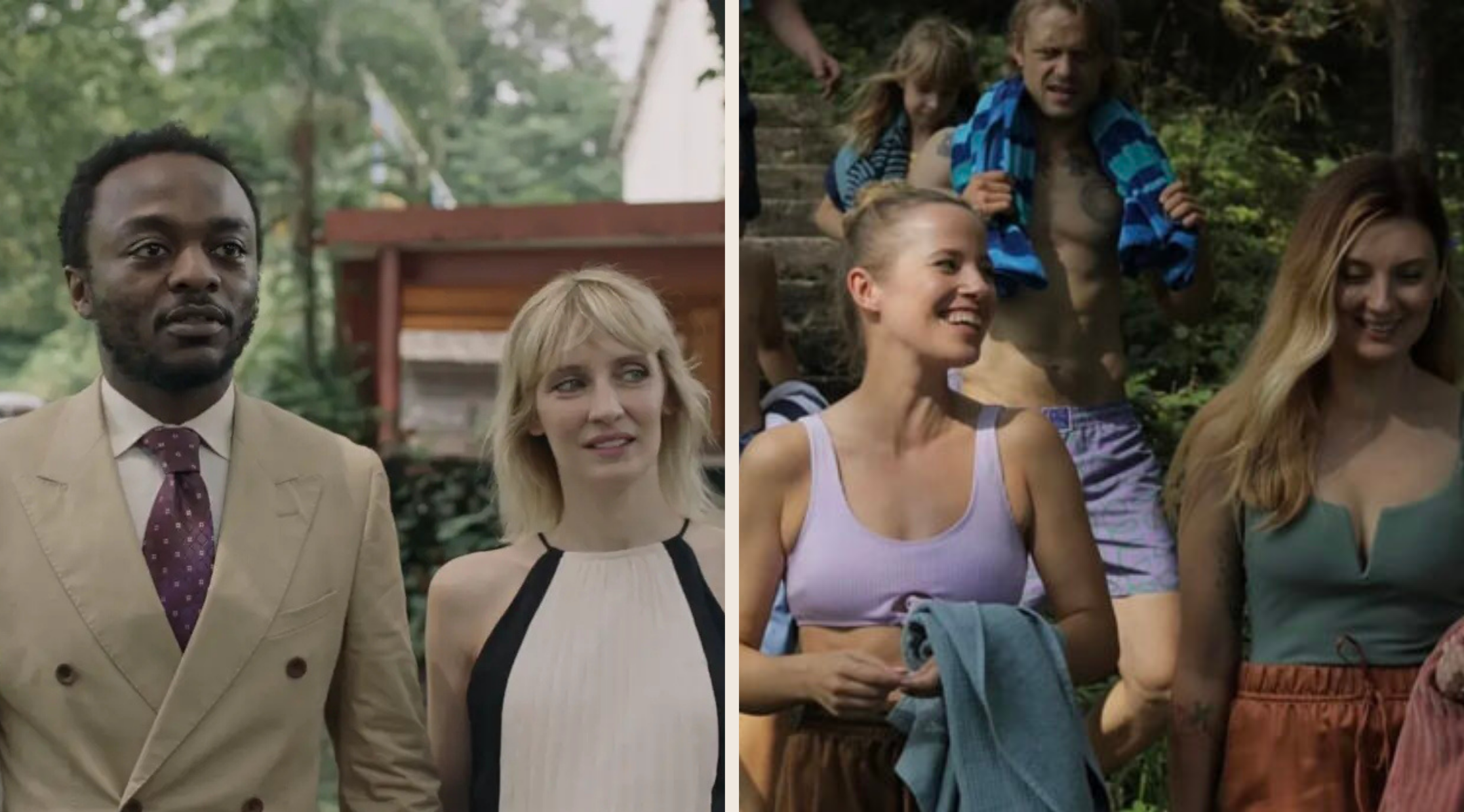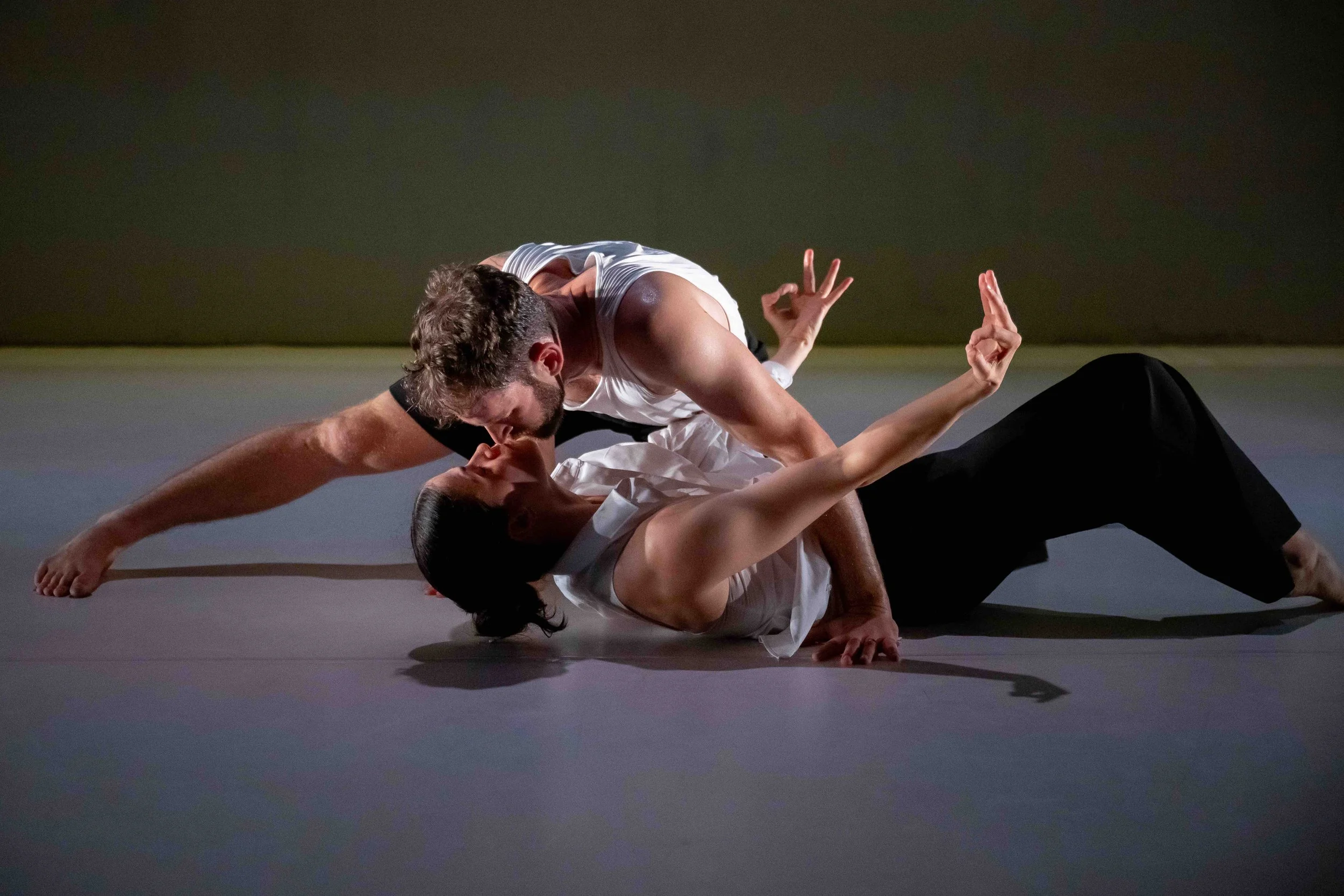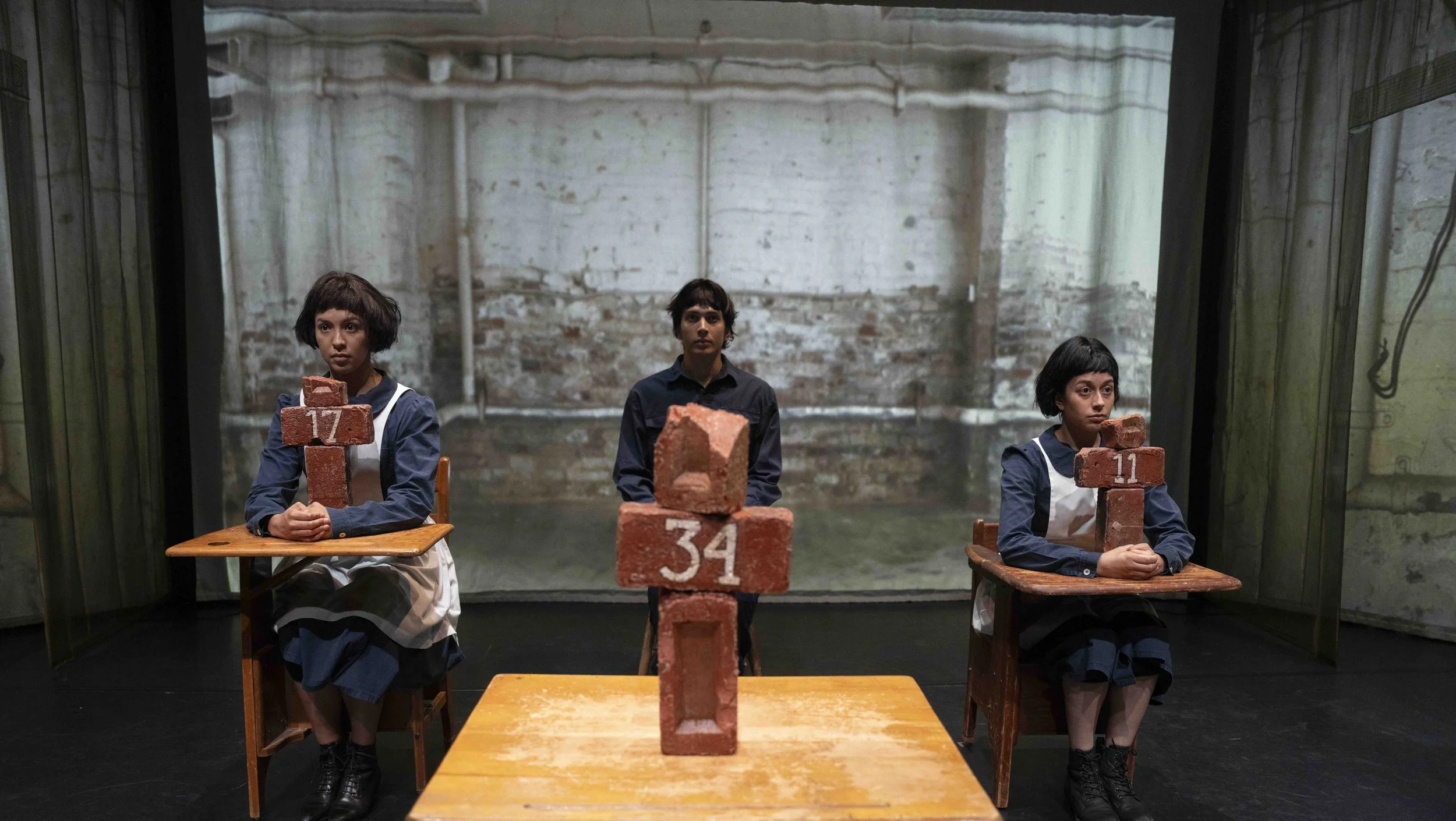Anti-Oppression Progression workshop brings inclusion into spotlight at Vancouver International Burlesque Festival
Shanique Kelly, who comes from the world of DJing, brings training to arts groups big and small
As DJ Softieshan, Shanique Kelly founded LEVEL UP, a hip-hop dance party that welcomes QTBIPOC folks. But with pandemic shutdowns, she’s moved into more and more anti-racism work with cultural groups.
The Vancouver International Burlesque Festival presents Anti-Oppression Progressive on Tuesday nights, April 13, 20, and 27, 6 to 8 pm. The VIBF runs from April 10 to May 1.
ON ONE HAND, burlesque has long embraced the marginalized in its feather-boa’d arms. A quick scan of this year’s online Vancouver International Burlesque Festival alone reveals an impressive diversity: queer performers, an artist in a wheelchair, people of every shade of the international rainbow, and body shapes big and small. But like every other sector of the arts, not to mention society at large, the fest realizes there’s a lot more it can do to root out racism—and that goes far beyond who’s taking its stage, or virtual stage, in this year’s case.
“It is an art form that was built by queer folks, sex workers, BIPOC performers, and strippers, and we shouldn’t forget that,” explains Vancouver International Burlesque Festival president La Dame Derrière. “It’s also an art form that, like many arts sectors, has a history of racism that our communities have been working through for decades, particularly when it comes to cultural appropriation and fetishism or exoticism of minorities. So there’s still work to be done to make our communities safer for marginalized people on and off the stage.”
To that end, VIBF has spent the past few years prioritizing anti-oppression in its regular Knowledge Sharing Series, including an Anti-Oppression from the Heart workshop and Centering Black Voices panel last year. For the 2021 online event, Shanique Kelly, aka DJ Softieshan, will lead in-depth Anti-Oppression Progressive workshops for the next three Tuesday nights.
To Derrière’s knowledge, in fact, Canada’s longest-running burlesque fest is the only one of its kind in North America to offer ongoing anti-oppression programming.
“But I hope to see more organizations offer it as well, because I think it will be an integral part of building safer communities for marginalized performers moving forward,” Derrière says. “There are certainly festivals happening that support marginalized performers by showcasing them on stage. What the Funk?! Festival is an all-BIPOC festival based out of Seattle, The Noire Pageant, produced by Perle Noire, is the only burlesque pageant for BIPOC performers, Disibilitease Festival celebrates performers with disabilities, and the Fierce! Festival showcases the best of queer burlesque performers, to name a few.” Derrière adds that Mx Pucks A’Plenty, producer of What the Funk?!, and Minda Mae, producer of Disabilitease, are participating in the Vancouver festival, which kicks off this weekend and runs all month.
The goal with workshops like Kelly’s is to arm people with knowledge and practices to start to confront racism and oppression in their art, their lives, their workplaces, and themselves.
For her part, Kelly says this is training that isn’t just reserved for Vancouver’s larger arts institutions. “No matter how DIY or corporate or large-scale or small-scale, the work of addressing anti-oppression and anti-racism is work that we all need to be doing. Because it impacts the lives of everyone,” the artist says.
The starting place, she tells Stir, is just encouraging openness. “I think a lot of the time we live in a world where we’re not really taught to look at these things,” she explains. “It’s so important to step into territory that may be new or uncomfortable.”
For performance groups, the work has to go deeper than just the diversity of faces—and pastie-emblazoned bodies—that appear onstage, Kelly says. “I think representation in and of itself can just become tokenism when we’re putting people of colour front and centre without building meaningful relationships with them.”
Aside from the fundamentals of diversity, equity, and inclusion, Kelly will try to “disrupt” the unconscious bias in all of us. Citing Black history, the artist and consultant will also try to root out anti-Blackness, exploring ideas like cultural appropriation and micro-aggressions. “It’s rooted in our beauty standards, in the way certain people have power and certain people don’t,” Kelly says.
For her part, Kelly might never have predicted she’d find herself in 2021 holding seminars like these as an educator and consultant. It all started with her own DJ work, which led to founding LEVEL UP, Vancouver’s only QTBIPOC-centred hip-hop dance party, and cofounding For Everyone By Us, a series of art and live music shows centred around Black joy and liberation. Kelly also organizes Vancouver’s Intersessions chapter, which aims to bridge the inequality gap for women and LGBTQ+ folks in music and nightlife industries.
VIBF president La Dame Derrière
“For me, DJing—s much as I loved playing music for people—was more about creating nightlife space and community space, particularly for marginalized people to gather and just enjoy music and community,” she explains. “My focus was just to create space for Black and Brown and queer and trans people. Then it became, ‘How can I help other people in how to keep marginalized folks safe?”
With DJ club events locked down, Kelly has found herself turning ever more to consulting, leading workshops and advising corporations such as lululemon on diversity.
“So much of the direction my life has taken has been accidental,” she says with a good-natured laugh. “I didn’t set out to say, ‘I want to lead workshops,’ or ‘I want to DJ events.’ But it definitely feels like my calling. And also, the pandemic has shifted my career trajectory. It’s so hard to predict what will happen if events come back. If the world opens up tomorrow, I’d still want to do consulting like this….I’m excited to see how these two worlds affect each other when I get back to DJing!”
Just as the new, pandemic-era online world has shifted Kelly’s career, so too has it made the VIBF even more able to include the marginalized, Derrière suggests.
”One of the benefits of moving to an online festival this year was that we were able to lower the barrier to apply,” she explains. “Instead of a typical application process, where performers send in video of the acts they are submitting, this year we invited performers to submit pitches with their act concepts. Since it’s often difficult for newer performers to get quality footage of an act, plus most stages have been closed down all year, the pitch process allowed us to focus on selecting unique and interesting concepts—and all the performers needed were creativity and a phone camera in most cases to bring the act to life.”
Look for some of the most out-of-the-ordinary discoveries in the Anti-Showcase on May 1, where Diasporic Dynasty (a new BIPOC collective of burlesque and drag performers) and an inclusive array of other guests show their considerable stuff. "The idea of the Anti-Showcase is to hearken back to the DIY, fringe roots of the festival, and encourage performers to go wild in their concepts and create acts that could not exist on a real stage,” Derrière enthuses. “I think the festival is going to be incredibly unique this year, and I can’t wait to share it with our audiences.”


